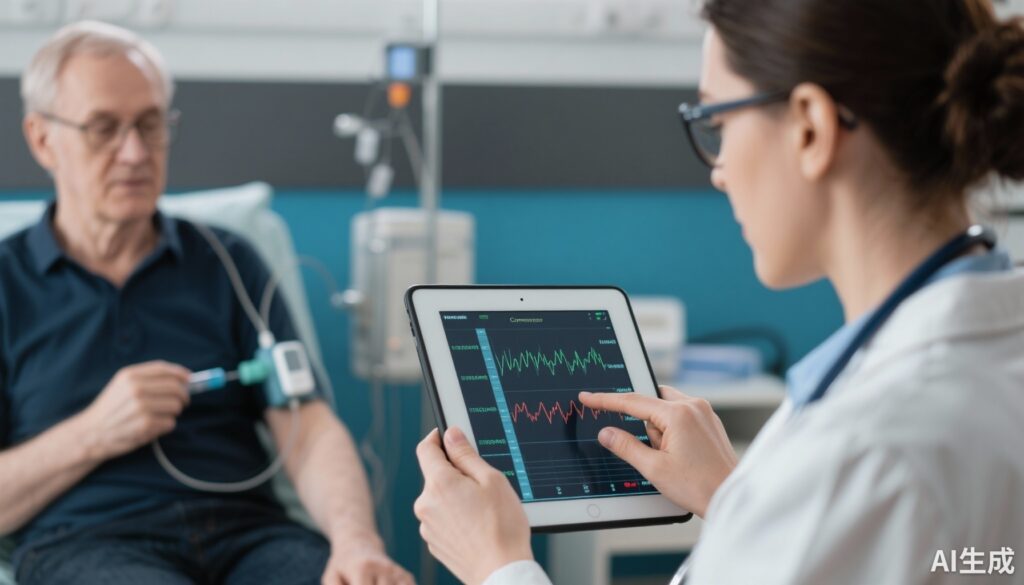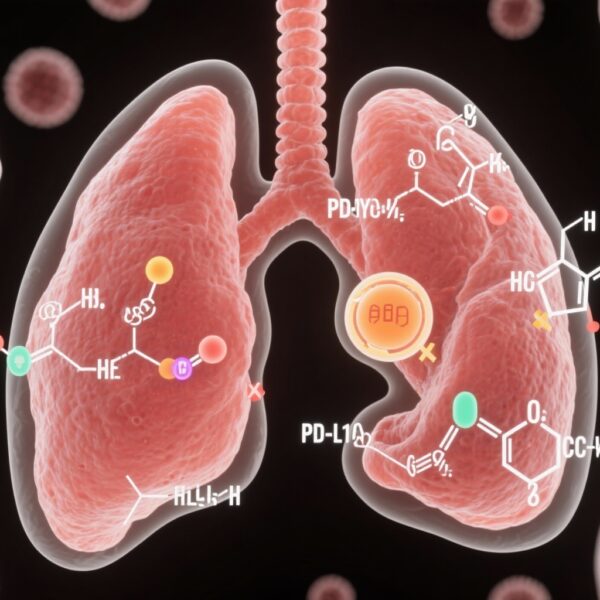Study Background
Type 1 diabetes (T1D) is a chronic autoimmune condition characterized by absolute insulin deficiency, necessitating lifelong insulin therapy and vigilant glucose monitoring. Despite widespread adoption of continuous glucose monitoring (CGM) and intermittent scanning continuous glucose monitoring (isCGM) technologies, many adults with T1D fail to achieve recommended glycemic targets. Persistent hyperglycemia increases risk for microvascular and macrovascular complications, highlighting a significant unmet clinical need for interventions that enhance glycemic management beyond technology alone.
Study Design
This multicentre, open-label, randomized controlled trial was conducted across eight sites in Sweden and Norway, enrolling 117 adults with T1D who had suboptimal glycemic control (HbA1c ≥58 mmol/mol) despite CGM or isCGM use and insulin therapy via multiple daily injections or pumps. Participants were randomized 1:1 to receive either systematic intensive therapy (SIT) or conventional therapy (CT).
The SIT intervention comprised weekly digital distance counseling for 18 weeks, focusing on individualized CGM data interpretation and therapeutic adjustments when mean glucose levels exceeded 8.4 mmol/L. Control subjects attended two routine clinical visits during this period. The primary endpoint was change in HbA1c from baseline to 18 weeks. Safety endpoints included adverse events of special interest (AESI): episodes of severe hypoglycemia and diabetic ketoacidosis (DKA).
Key Findings
Among the 117 randomized participants (59 SIT, 58 CT), the SIT group demonstrated a significant improvement in glycemic control. The mean HbA1c reduction was -10.7 mmol/mol (-0.98%) with SIT compared to -2.4 mmol/mol (-0.22%) in the CT group. The adjusted mean difference was -8.3 mmol/mol (-0.76%) favoring SIT (95% CI -11.2 to -5.5 mmol/mol; P < 0.0001), indicating robust statistical and clinical significance.
Importantly, the SIT intervention did not increase safety risks. No AESI were reported in the SIT group, whereas one event (1.7%) occurred in the control group, corresponding to a non-significant risk difference of -1.7% (95% CI -5.1 to 1.6%). These findings suggest the intensified intervention is safe and well-tolerated.
Expert Commentary
This study provides compelling evidence that structured, frequent, individualized counseling based on CGM data can markedly enhance glycemic outcomes in adults with T1D who have not achieved target HbA1c despite using advanced glucose monitoring technology. The results address a critical gap whereby technology availability alone often does not translate into optimal clinical control.
The trial’s multicentre design and use of a minimization randomization algorithm enhance the generalizability and robustness of the findings. Nonetheless, the open-label design may introduce potential bias, although objective biochemical endpoints reduce this concern. The duration of 18 weeks is adequate for demonstrating meaningful HbA1c changes but does not provide long-term efficacy or safety data.
Mechanistically, SIT leverages the real-time glucose data to tailor therapeutic intensifications proactively, reinforcing patient engagement and education—factors known to drive improved diabetes self-management. Given the lack of increased hypoglycemia, this approach also underscores the safety of such calibrated interventions.
Conclusion
Systematic intensive therapy combined with continuous glucose monitoring represents an effective and safe strategy to improve glycemic control in adults with type 1 diabetes who are not currently meeting recommended targets. This trial emphasizes that technology integration with structured, personalized therapeutic support is essential to advance clinical outcomes. Future research should explore scalability, cost-effectiveness, and long-term benefits of such interventions to facilitate broader implementation in clinical practice.
Funding and Registration
The study was funded by the Swedish state, Region Västra Götaland, and the Swedish Diabetes Foundation. It is registered on ClinicalTrials.gov with the identifier NCT03474393.
Reference
Ólafsdóttir AF, Sveen KA, Wijkman M, Hallström S, Nilsson PH, Sterner Isaksson S, Holmer H, Ekström M, Imberg H, Lind M. Systematic intensive therapy in addition to continuous glucose monitoring in adults with type 1 diabetes: a multicentre, open-label, randomised controlled trial. Lancet Reg Health Eur. 2025 Oct 16;59:101485. doi: 10.1016/j.lanepe.2025.101485. PMID: 41142656; PMCID: PMC12553072.



